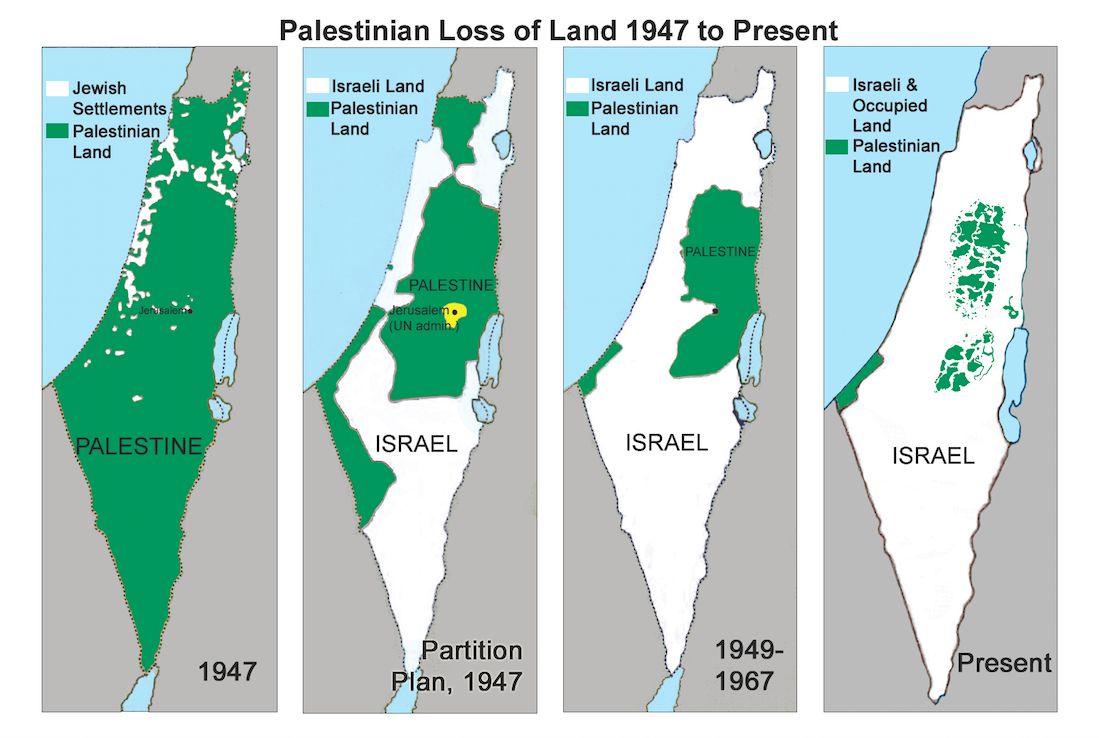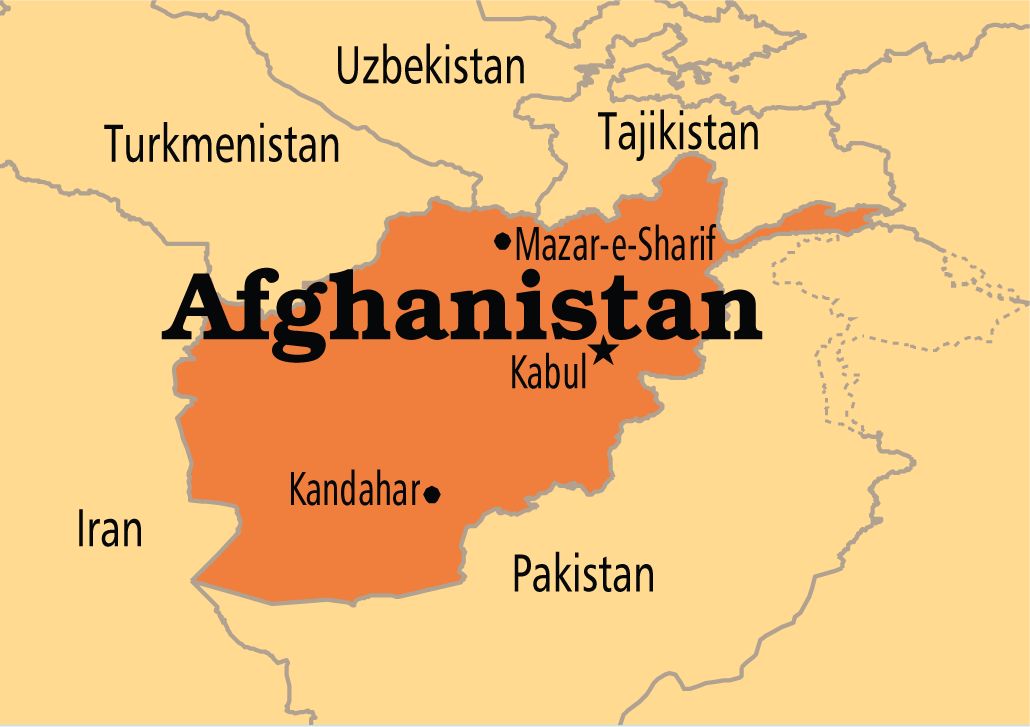IASbaba's Daily Current Affairs Analysis, IASbaba's Daily Current Affairs October 2015, International, UPSC
Archives
IASbaba’s Daily Current Affairs – 21st October, 2015
INTERNATIONAL
TOPIC: General Studies 2
- Bilateral, regional and global groupings and agreements involving India and/or affecting India’s interests
- Effect of policies and politics of developed and developing countries on India’s interests.
Latest Wave of Violence in the Hub of Cemeteries: Israel & Palestine
Upsurge of Frustration:
- In July 2013, peace talks had begun between Israel & Palestine with USA playing a mediator but the talks failed within 9 months due to certain huge gaps.
- There have been established checkpoints throughout the West Bank for hindering the movement of Palestinians across towns. Demography with democracy was blamed for this as Israel pursued its policy of preservation of its status as a Jewish democratic state while Palestinian interests slipped into protecting its honour.
- Even in Palestine alone, since 2005 there exists two potential Palestinian states; one in the Gaza Strip under the control of the radical Islamist Hamas and the other in the West Bank, under the control of the Palestinian Authority. Thus, “three states” peace process need to be drawn out before going for a “two-state solution”.
- The war crimes do not distinguish between rights and wrongs. From killings to pursuing the policy of hard-core violence, it has gone much ahead the acceptable norms of ‘states in conflict due to boundary issues’.
Failed Peace Agreement between Hamas and Fatah (West bank), 2014:
- Israel to be recognized as a country possessing borders demarcated during 1967
- Violence to be renounced and acceptance towards the 2011 Israel-Palestine Agreement and 2012 Hamas-Fatah Agreement
- Elections to be held within every 6 months

Strategic Measures:
Recognition: Both sides should acknowledge each other as equals and recognize each other as a sovereign state.
Side-line: Both sides will have to effectively put away or moderate their maximalist positions on settlements, refugees and demography.
End to Israel’s Expansionist Policy: Israel will have to put an end to its expansionist policy in the Palestinian territory, should give the non-Jewish parts of Jerusalem back to Palestinians and lift the siege of the Gaza strip and release the prisoners. Palestinians should recognize Israel’s right to exit and realise the prophecy of Arafat and should believe in the following:
“Every child of Arab and Jewish descent is born free and equal, in dignity and rights. They are endowed with reason and conscience and should act towards one another in a spirit of brotherhood.”
~Menachem Begin’s Nobel Prize speech
Securing domestic political support:
- This will play a crucial role as any referendum of giving up of land would require approval of the two-thirds of the Knesset members or by a public referendum.
- A momentum would have to be built to shape public opinion and awareness drives be carried out to make them aware of the pressing needs for a peaceful process to begin. They need to be assured that it is possible to negotiate a solution that is fair, safe and conducive to a better future and can be guaranteed only by a visionary approach, on both ends.
- ‘Violence’ can never be the way out, if the opponent doesn’t understand or responds.
Re-engagement: Aided by the International community, both the countries should indulge in serious negotiations, supplementing the same with resolving the differences and making a united bid for preserving peace and a smooth transition to a decided outcome, later on. It might also mean restoring the pre-Colonization status and payment of compensation with better movement facilitated to increase their livelihood opportunities.
Humanitarian corridor: WHO has called for the creation of a humanitarian corridor for the evacuation of the injured, as well as for the supply of life-saving medicines. This will extend to protect the safe passage of patients to access crossing points and exit outside the Gaza Strip for timely medical care to be provided.
IASbaba’s Views:
- A sustainable peace process is important to ward off the evils of war, collapsed talks and the blame game, again and again. The international community needs to recognize the importance of the delayed humanitarian crisis that has been in the picture since a long time and a degraded effect it has on the global peace order.
- Strategic optimism has to be maintained which makes realistic assessment of the situation, but actively seeks out all the possibilities for movement toward peace and vigorously pursues them.
- Ensuring the creation of an independent Palestinian State co-existing peacefully alongside Israel, conforming to the international legitimacy will require a courageous leadership and personal commitment to peace and negotiations. The changes should be reflected positively, paving way for progressive alignment of the process as a whole.
Background:
West bank
- The West Bank is a landlocked territory near the Mediterranean coast of Western Asia, forming the bulk of the Palestinian territories.
- The West Bank shares boundaries to the west, north, and south with the state of Israel, and to the east, across the Jordan River, with Jordan.
- The West Bank also contains a significant coastline along the western bank of the Dead Sea.
Gaza Strip
- The Gaza Strip is a pene-exclave region of Palestine on the eastern coast of the Mediterranean Sea that borders Egypt and Israel.
- Gaza makes up part of the Palestinian territories which includes the West Bank. In 2012 the United Nations General Assembly “accorded Palestine non-Member Observer State status in the United Nations”.
Gaza-Israel Conflict
- The Gaza–Israel conflict is a part of the wider Israeli–Palestinian conflict.
- Palestinian militant actions escalated in the Gaza Strip following the overwhelming election to government of the Islamic political party Hamas in 2005 and 2006.
- The conflict escalated with the split of the Palestinian Authority to Fatah government in the West Bank and the Hamas Government in Gaza and the following violent ousting of Fatah.
- Palestinian rocket attacks on Israel and the joint Israeli-Egyptian blockade of Gaza have exacerbated the conflict.
Connecting the Dots:
- Role of International Criminal Court (ICC) in settlement of War crimes
- Comment on India’s stand on the issue.
- Role of Public Opinion and Civil Society
- Role of NATO
TOPIC: General Studies 2
- Bilateral, regional and global groupings and agreements involving India and/or affecting India’s interests
- Effect of policies and politics of developed and developing countries on India’s interests.
India- Afghanistan: Time to refresh Afghan relationship
The geopolitics of Afghanistan, Central and West Asia has witnessed several important changes over the last six months, which makes the time right for a fresh Indian initiative that reaches out to old friends in northern Afghanistan along with anti-Taliban elements in the southern parts.

What changes have given rise to the opportunity?
First, the changing equations of balance of power in Afghanistan.
- The geopolitical situation on Afghanistan’s borders is rapidly evolving, following Taliban’s takeover of Kunduz.
- An immediate outcome is that Russia is into the scene which was not seen since 2001.
- The Russian government is concerned that local Daesh (Islamic State) elements, comprising mainly Central Asian jihadis , could, along with the Taliban, further fuel instability.
- There is also fear that the Daesh could retaliate against Russian targets in response to the happenings in Syria.
- Moreover, Russia loses 50,000 youth to narcotics, which makes its way through the porous Central Asian border.
- Consequently, Russia is actively considering the movement of its forces to man the Afghanistan-Tajikistan border.
- The U.S., on the other hand, in search of an honourable exit from Afghanistan, has been shaken by the Kunduz incident.
- The Taliban operation makes it clear that the optimism generated by Pakistan-led round of talks was misplaced.
- The halt in troop withdrawal until 2017 is meant to buy time until the U.S. finds a better roadmap to peace in Afghanistan.
- Iran’s concern over instable Afghanistan
Iran’s concerns are three fold:
- One, it is worried that instability in Afghanistan could give a boost to the Daesh.
- Second, an unstable Afghanistan will also lead to an increase in the illicit drug trade on Iran’s eastern border.
- Third, Iran is also worried that instability could lead to an influx of refugees.
All these issues have motivated Iran to provide sanctuary to a few important segments of the Taliban.
Second, inability of the Taliban to regain control of major cities in its traditional stronghold of southern Afghanistan.
- Taliban is losing control over Kandahar, it’s traditional base, due to a strong resistance from the afghan police.
- Taliban has been internally divided based on the leadership claims. There has been a strong resistance against accepting Mullah Mohammed Omar, as he new chief of Taliban, especially in southern Afghanistan.
The geopolitical changes around Afghanistan coupled with the ongoing organisational struggles of the Taliban provide an opportunity for Russia, Iran and India to reassess their roles in Afghanistan.
Way Forward:
- India played a pivotal role in the resistance against the Taliban through the Northern Alliance, two decades earlier.
- Now, India needs to re-establish contact not just with the old friends in the region but also factions within the Taliban and the anti-Taliban forces in the south, to help Afghanistan gain strategic autonomy.
- It is also imperative for India that Afghanistan’s south-eastern regions are prevented from exporting terror and drugs into India.
- Unlike the last time, India now has the financial muscle to do a lot more.
- What it needs is renewed enthusiasm and a fresh initiative on Afghanistan.
Connecting the dots:
- Critically examine the implications of a stable Afghanistan on growth and internal security of India.
- Critically examine the importance of Shanghai Cooperation Organisation in fighting war against terrorism in India.
MUST READ:
More punishment is not less crime
Beyond the blackening: Ink and Oil Attack
For detailed Analysis on ‘Growing religious fundamentalism in India’ refer the below link-
http://iasbaba.com/2015/10/iasbabas-daily-current-affairs-17th-october-2015/
Projects stuck, Supreme Court transfers 300 cases to NGT, govt bodies
Cultural homogenisation through centre staging Sanskrit will rob Indian culture of its plurality
Replacing food with cash
World Bank poverty estimates are poor, says government
For detailed Analysis on ‘Poverty estimates Issue’ REFER ‘IASbaba’s Monthly Magazine- June-July 2015’











